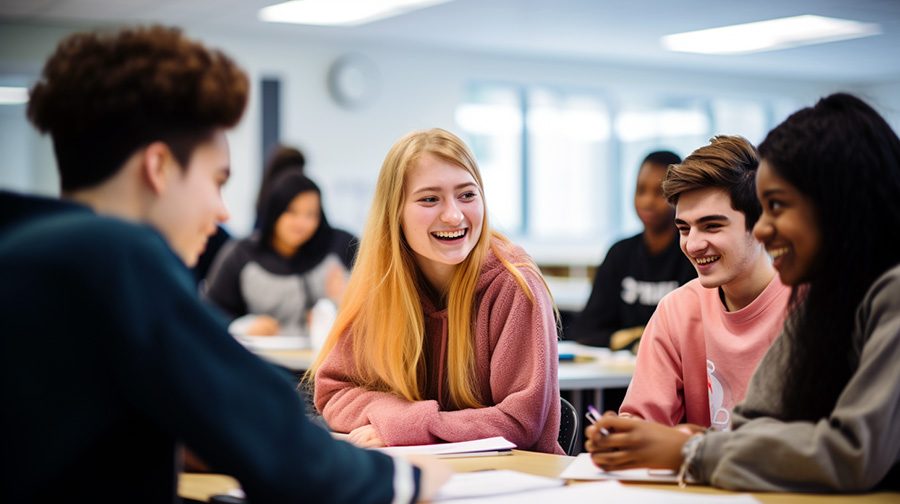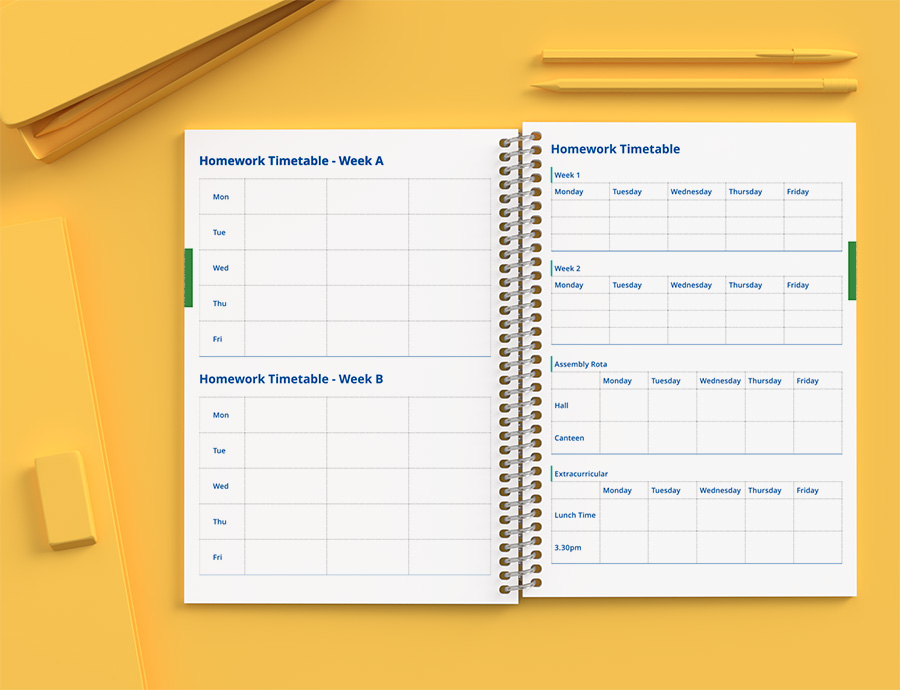Studying is an art, one that demands tailored approaches based on individual learning styles. Yet, amidst the diversity, certain scientifically-backed techniques rise above the rest, promising optimal learning outcomes. These “study tips” have become a focal keyword in academic circles, as both educators and students seek strategies that guarantee effective learning. Harnessing these evidence-based methods, teachers can provide a robust support system for their students, enhancing comprehension and performance.

Here are nine pivotal study tips for teachers to integrate into their instructional strategies:
- Opt for Short Study Sessions: Encourage students to break their study time into chunks of 20-30 minutes several times a week. This aids in encoding information more effectively than long hours of continuous study.
- Promote Consistent Study Routines: Avoiding last-minute cramming is key. Guide students to incorporate regular study sessions into their weekly routines, as this aids memory and reasoning.
- Encourage the Use of Flashcards: While re-reading and highlighting are common, they aren’t the most effective. Flashcards, however, promote bite-sized learning that fits well into short study periods.
- Set Specific Study Goals: Instead of a general “study math” goal, students should target specific concepts or topics each session. A useful benchmark: if they can explain a concept in simple terms, they’ve understood it.
- Adopt a Teaching Perspective: Students who learn with the intention of teaching the content to someone else often understand and retain it better. Encourage them to approach topics as if they’d be teaching it.
- Value Practice Exams: Mock tests and practice papers may not be popular, but they’re invaluable. They build confidence, make real exams less intimidating, and highlight areas for improvement.
- Dedicate a Study Space: A specific, well-equipped study area helps students focus and minimises distractions.
- Classical Music Can Help: While many students believe music aids their study, research indicates that only classical music — or silence — is truly beneficial. Advise them to choose Bach over pop hits.
- Minimize Distractions: The most effective study sessions are those with the least distractions. Suggest that students put away devices and let others know they need undisturbed time.
Remember, the goal is to integrate these study tips effectively into students’ routines, ensuring better comprehension and performance. If you’re looking to embed these strategies in your school’s resources, consider adding them to planners or other study tools.

Custom Planners: A Powerful Tool to Support Study
Custom planners can be invaluable assets to students, offering more than just a space to jot down homework or test dates. By tailoring planners to the unique needs and study habits of students, educators can facilitate better organisation, understanding, and retention of information. Here’s how custom planners can be designed to support study:
- Personalised Study Schedule: Students can outline a specific study plan, allocating time to specific subjects or topics, ensuring that nothing gets overlooked.
- Goal Setting Pages: These can guide students in breaking down their objectives for the semester, month, week, and day. Setting clear, attainable goals can enhance focus and motivation.
- Space for Reflection: Including sections where students can reflect on what they’ve learned, challenges they faced, and areas of improvement can be invaluable in refining study techniques.
- Resource Lists: Custom planners can include lists of useful resources tailored to the curriculum, such as websites, books, or tutorial channels.
- Study Tip Sections: Incorporate evidence-based study techniques, like the ones previously discussed, for easy reference.
- Mind Maps and Brainstorming Areas: Providing space for visual learners to map out ideas can be beneficial. This allows for creative thinking and linking concepts together.
- Flashcard Pockets: Including pockets or sleeves where students can store flashcards for on-the-go revision can be a game-changer, especially before exams.
- Time Management Tips: Teach students how to prioritize tasks, allocate time efficiently, and take breaks for maximum productivity.
- Color Coding Systems: Offer sticker sets or colored tabs for students to label subjects, deadlines, or tasks, making it visually easier to navigate and organize their time.
- Motivational Quotes and Affirmations: Intersperse planners with motivational quotes and affirmations to keep spirits high and encourage a growth mindset.
- Tracking Metrics: Provide areas to track grades, hours studied, or even mood. This can help students correlate study habits with outcomes and well-being.
- Group Study Planning: Include sections to plan group study sessions, noting objectives, participants, and materials needed.
- Review Checklists: A space where students can tick off essential topics or chapters once they’ve reviewed them ensures comprehensive revision.
- Mindfulness and Well-being Sections: Studying isn’t just about academics. Adding areas for mindfulness exercises, gratitude logs, or even breathing techniques can help students manage stress.
Incorporating these features into custom planners ensures that they’re not just passive tools but proactive aids that mold around each student’s learning style and needs. By doing so, educators can provide students with a resource that not only keeps them organised but also elevates their study techniques and overall well-being.
In Conclusion:
In the rapidly advancing academic environment, teachers stand at the forefront, steering students towards optimal learning outcomes. The highlighted study techniques not only offer a roadmap to effective learning but also underscore the importance of adopting evidence-backed strategies. These methods, which span from structured study sessions to embracing a teaching perspective, are pivotal in ensuring students grasp and retain knowledge efficiently.
Yet, the magic truly unfolds when these techniques find a harmonious synergy with tailor-made tools, notably the custom planners. These planners, meticulously designed to resonate with the students’ unique learning habits, do more than just organize. They amplify the potency of each study tip, giving students a multifaceted arsenal to tackle their academic journey. Beyond mere planning, they emerge as bridges connecting rigorous academic pursuits with the essential elements of well-being and mindfulness.
For educators, the message is clear: Integrating these strategies and introducing custom planners can be a game-changing step. It’s about shaping a comprehensive academic ecosystem where students are empowered, organised, and, most importantly, thriving in their educational endeavours.
Empower Your Students with Custom Planners
Unlock their potential and streamline learning. Dive into custom planners that blend traditional organisation with state-of-the-art study strategies, setting your students on the path to academic excellence